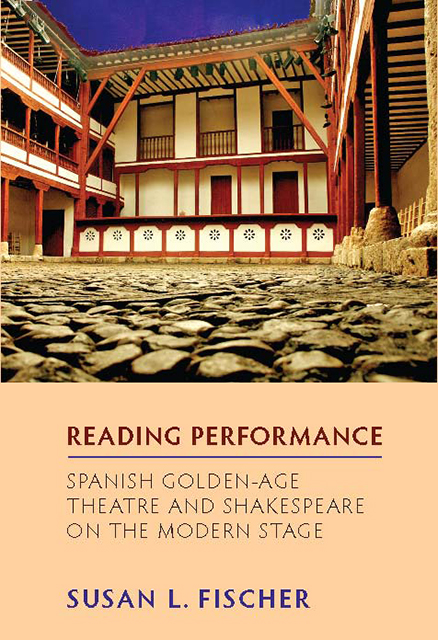12 - Lope and the politics of truth The Dog in the Manger (El perro del hortelano)
Published online by Cambridge University Press: 28 February 2023
Summary
All performances of classical theatre of the early modern period, whether that means Shakespeare, Molière, or Lope, are in some sense “foreign” with respect to the author's original “intentions”; to read or perform any of those playwrights today, as John Russell Brown asserts in regard to Shakespeare, is always to be involved in a kind of translation (“Foreign” 28). Staging plays by any one of those authors “without his language” is potentially anathema not just to purists but also to most linguistically competent speakers of the play's original tongue. On the other hand, as Brown makes us aware, playing Shakespeare (and, by extension, Lope) can also “alert an audience to some resonances, naturalistic impressions and intellectual distinctions which may not register in (English)-speaking audiences today” (“Foreign” 26). He goes on to cite, by way of example, the intensity and strangeness, or “foreignness,” of Ophelia's encounter with Hamlet, especially around the concept of “honesty.” What, Brown queries, does Ophelia mean, and what does Hamlet hear, with the line, “Could beauty, my lord, have better commerce than with honesty” (3.1.111) (26)?
The point is that sometimes an actor performing in a translation energizes potentials that have remained obscure or dormant in the original text. Lawrence Boswell's 2004 staging of The Dog in the Manger with the Royal Shakespeare Company, it will be argued, reanimated the ambiguous sense of the play's ending over which critics continue to argue and disagree. From another perspective, it worked to clarify the actions, reactions, and interactions of the characters involved in the love triangle qua individuals, in dyad and triad groupings, and in terms of the societal system at large. Finally, it deepened our awareness of what it means both to lie and to tell the truth in intimate situations where one is known and knows the other, where compas sion, love, and trust are to a greater or lesser degree the dominant “ways of being,” and where epistemology and morality are not controlling factors of behavior (Zinker 245). What happens in another context, however, when the relationship is not intimate but social, and honor is not treated respectfully as individual integrity, innate nobility or self-worth, but as specious reputation, the vacuous salvation of one's “good name” for appearance's sake, as in the class-conscious milieu of the House of Belflor?
- Type
- Chapter
- Information
- Publisher: Boydell & BrewerPrint publication year: 2009



